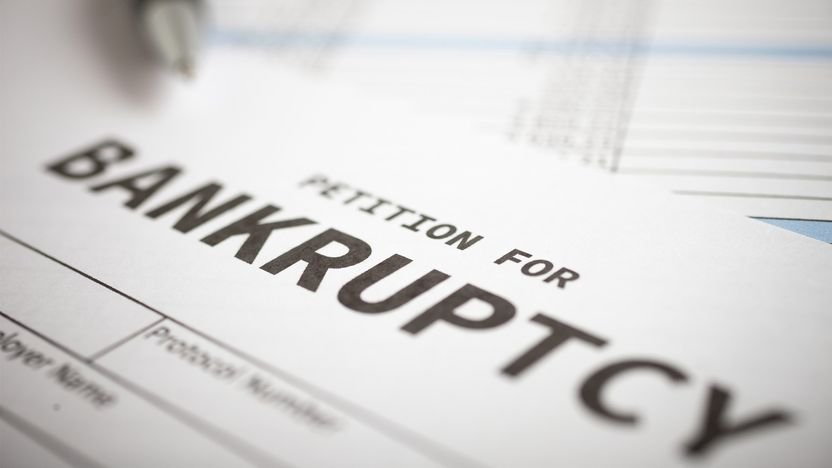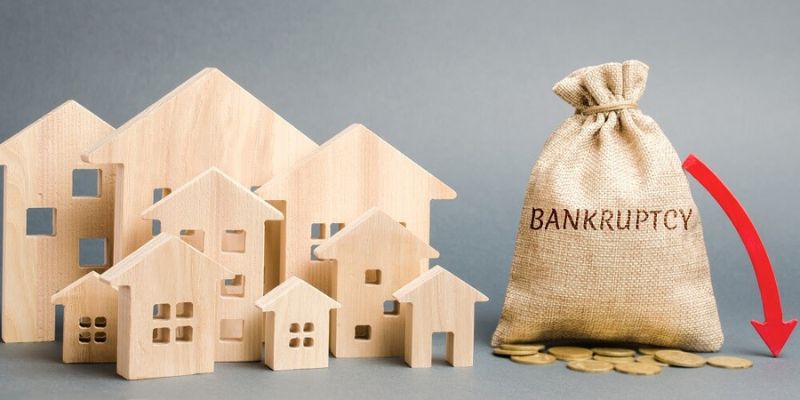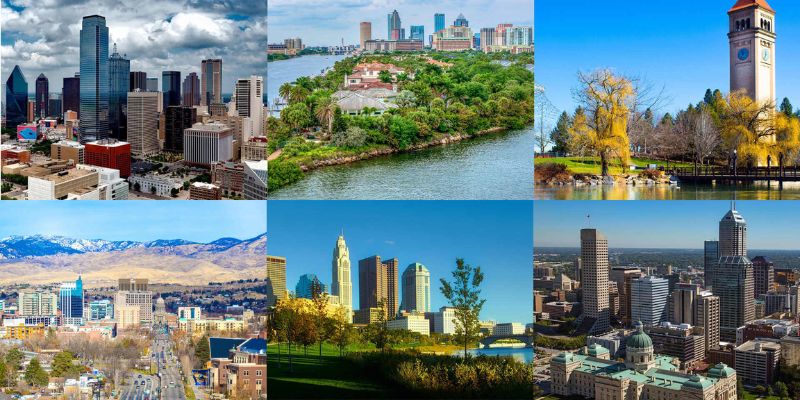If you’ve recently gone through bankruptcy, buying a house may seem liimpossibleIt can indeed be more difficult for those with poor credit scores to get approved for a loan, and the competitive market makes purchasing property even harder. However, buying a house after bankruptcy is doable; this guide will provide information on how to make it happen.
We’ll cover topics such as rebuilding your credit score, finding affordable mortgage rates, and comparing properties to find the best deal – so you can achieve homeownership despite your financial situation.
Can I buy a house after bankruptcy?
The answer is yes! It might require more effort, but with the right knowledge and understanding of the process, you can achieve homeownership after bankruptcy.
This guide will supply all the information necessary to ensure your house-buying journey is successful and seamless.
We’ll cover topics such as rebuilding your credit score, finding affordable mortgage rates, and comparing properties to find the best deal. This way, you can confidently enter into a real estate transaction without feeling overwhelmed by the daunting prospect of having gone through bankruptcy.
How Soon Can I Buy a House After Bankruptcy?
This all depends on the type of bankruptcy you filed. If it were a Chapter 7 (also known as liquidation bankruptcy), you’d need to wait two years before applying for a mortgage loan.
For those who have gone through Chapter 13 (or debt reorganization) proceedings, you may be eligible for a loan after only one year has passed. To learn more about the timeline for each type of bankruptcy, seek assistance from an experienced and knowledgeable attorney in your local area.
Chapter 7:
Chapter 7 (also known as liquidation bankruptcy) can make it harder to qualify for a loan, and the competitive mortgage market makes purchasing property even more difficult. However, it’s not impossible. The key is to start rebuilding your credit score right away. This will help you get better terms on a loan if approved.
Rebuilding Your Credit Score After Bankruptcy
The key to buying a house after bankruptcy is rebuilding your credit score. This can be done by making timely payments on your bills and staying current with any outstanding loans or debts.
Additionally, you'll want to pay down your existing debt as much as possible to increase the amount of money you qualify for when applying for a mortgage loan.
To rebuild your credit score, there are steps you need to take:
1. Obtain copies of your credit reports from all three major agencies (Equifax, Experian, and TransUnion). These reports contain information about your debt and payment history that lenders use to assess the risk of loaning a loan. It’s important to monitor these reports closely so any errors or discrepancies can be corrected quickly.
2. Pay all your bills on time and in full every month. This shows potential lenders that you are a responsible borrower who can manage their money effectively.
3. Pay down any existing debt, such as credit cards or personal loans. This will help reduce the interest you owe and ensure you don’t have too much outstanding debt when applying for a mortgage loan.
4. Consider opening a secured credit card account with your bank or other financial institution to build a positive payment history. This type of credit card requires an upfront deposit, but it’s reported to the major credit bureaus like any other account so that you can start building a positive credit record.
Mortgage after bankruptcy: Rules by Loan Type
The type of loan you qualify for after bankruptcy will depend on how long you have been discharged for and the amount of time since the bankruptcy was finalized. Generally speaking, conventional loans require two to four years from the discharge date to be eligible.
Conventional mortgage:
After two to four years from discharge, you may be eligible for a conventional mortgage. This type of loan typically requires a down payment of 20 percent, and interest rates tend to be lower than other types of mortgages.
FHA loans:
If you’ve been discharged from bankruptcy less than two years ago, an FHA loan might be your best option. The Federal Housing Administration backs these loans and requires only a 3.5% down payment and more lenient credit score requirements so borrowers can easily get approved.
VA Loans:
VA loans are available for veterans or active military personnel who have gone through bankruptcy in the past two years with no down payment required and relatively low-interest rates. These loans have no waiting period, and the process can be completed quickly.
Comparing Properties After Bankruptcy
Once you’ve obtained a loan, comparing properties to find the best deal is important. This includes researching neighborhoods, talking to a real estate agent about location details, and looking into any restrictions or conditions of sale in the area.
Additionally, make sure to check out comparable listings nearby and look closely at any home inspection reports that are available. Once you know what other properties are selling for in the area, you’ll better understand what kind of offer to make on your dream house.
How to apply for a mortgage after bankruptcy
If you’ve gone through bankruptcy and are ready to apply for a mortgage, there are some steps that you need to take. First, it is important to determine what type of loan best suits your needs. This will depend on the time since your discharge date (for conventional loans) or the time since the bankruptcy was finalized (for FHA or VA loans). It is also crucial to check your credit score and ensure you have paid all bills on time to qualify for better interest rates.
Once you have determined what kind of loan works best for your financial situation, research lenders specializing in lending after bankruptcy and compare their offers. Make sure to look out for hidden fees, such as origination charges or closing costs, that could increase the total cost of the loan.
It’s also important to compare properties before making an offer on the house. Research neighborhoods, talk to real estate agents, and look into any restrictions or conditions of sale in the area. Additionally, make sure to check out comparable listings nearby and look closely at any available home inspection reports to get a better idea of what kind of offer to make on your dream house.
FAQs
Do I have to wait two years to buy a house after bankruptcy?
No, you do not have to wait two years. For conventional loans, the waiting period may be two to four years from the discharge date. FHA and VA loans, however, require no waiting period and can be obtained as early as one year after bankruptcy is finalized.
How long does bankruptcy have a negative impact on your credit?
Depending on the type of bankruptcy filed, bankruptcy might remain on your credit report for up to 10 years. To rebuild a good payment history during this time, it's crucial to make sure you pay all payments on time and in full each month.
Can you remove Chapter 7 from the credit report before 10 years?
No, you cannot remove a Chapter 7 bankruptcy from your credit report before the 10-year mark. However, there are steps you can take to rebuild your credit score and increase the amount of money you qualify for when applying for a mortgage loan. These steps include obtaining copies of your credit reports, paying all bills on time and in full every month, and paying down any existing debt.
Conclusion
Despite the challenges of buying a house after bankruptcy, it is possible to achieve homeownership with the right preparation and guidance. This guide has provided information on rebuilding your credit score, accessing affordable mortgage rates, comparing properties to find the best deal, and applying for a mortgage loan.




